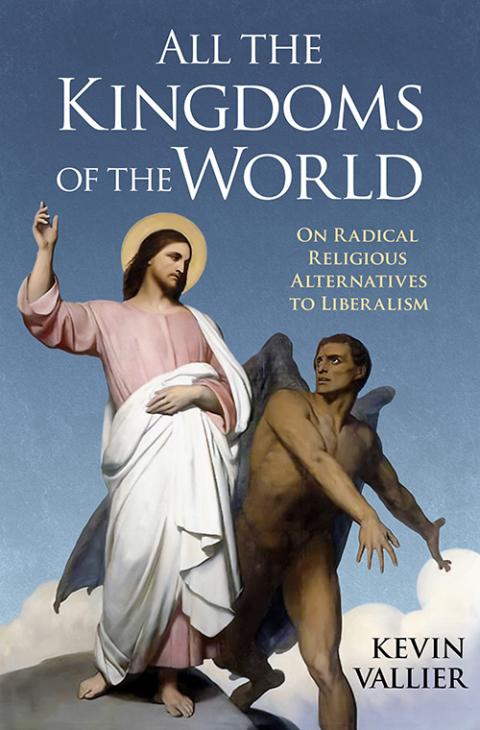Integralism is the latest iteration of right-wing zaniness in Catholic circles. It is different from the other more populist expressions of reactionary Catholicism in part because it is proposed by brilliant scholars such as Harvard University's Adrian Vermeule and University of Notre Dame's Patrick Deneen. Political philosopher Steve Schneck recently reviewed Deneen's latest book for NCR and NCR staff reporter Brian Fraga wrote about a conference at which Vermeule spoke.
The integralist movement is not univocal, but its various proponents share a common critique of liberalism and look to past regimes that united church and state as a preferable alternative. The more benign rationale for uniting the ecclesial with the temporal realms is that government seeks the common good and the supernatural good should not be a priori excluded from the common good.

The more accurate, and frightening, rationale is that demonic forces seek to rule the world, and that the church, in order to establish the kingdom of God, "must contest demonic rule and seek the spiritual governance of the entire world. … The church cannot abandon earthly rulers to stand alone against the darkness," as Kevin Vallier explains in his new book from Oxford University Press, All the Kingdoms of the World: On Radical Religious Alternatives to Liberalism.
It is not an easy read, fluctuating between academic verbiage and a chatty, conversational style, and tackling an admittedly difficult and abstruse topic. It is nonetheless an important read because none of us yet knows how influential these integralists will become and because Vallier takes the movement seriously.
No comments:
Post a Comment